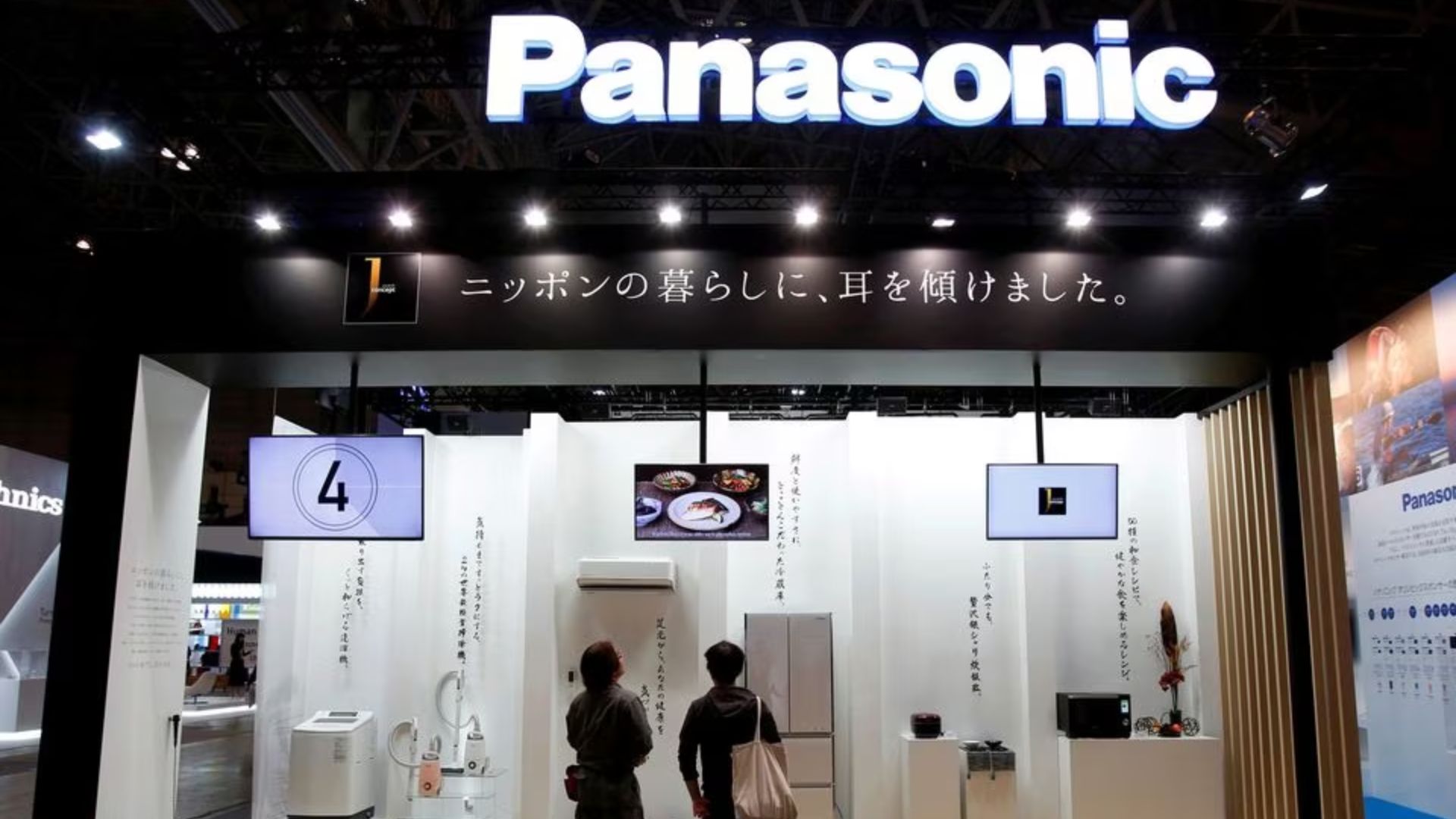TOKYO, July 31 (Reuters) – Japan’s Panasonic Holdings (6752.T) posted a 42% rise in first quarter operating profit on Monday, buoyed by a weaker yen and stronger sales in its automotive and energy segments, while it stuck to its full-year outlook.
Panasonic, whose energy unit makes batteries for Tesla Inc (TSLA.O), said operating profit came to 90.37 billion yen ($637 million) in the three months to end-June, almost exactly in line with analyst forecasts.
Its battery unit, Panasonic Energy, and Subaru (7270.T) said they had started talks to establish a battery supply partnership for electric vehicles that would supply the Japanese automaker with cylindrical lithium-ion batteries.
The unit was likely to receive 20.8 billion yen in adjusted operating profit from U.S. Inflation Reduction Act tax credits in the first quarter, Panasonic said in presentation materials.
Overall, first-quarter operating profit of the battery unit came to 29.5 billion yen on a non-adjusted basis, jumping more than 80% from the same period the previous year and helping to offset a less rosy performance in the firm’s industry segment.
Operating profit of the industry arm that focuses on making electronics components and materials fell by 86.8% to 3.5 billion yen, largely due to tough conditions in China.
Panasonic said it saw no sign of a full-fledged recovery in the factory automation sector in China, and that it would take more time for areas such as servers, data centres and ICT to recover overall.
The industry business faces growing competition in the world’s biggest auto market, China, not just from the rapid shift to electric vehicles, but also from an inventory build-up of locally-made gasoline cars, Group CFO Hirokazu Umeda told a briefing.
“The outlook is still difficult and hard to predict,” Umeda said about the industry unit’s prospects.
Panasonic, whose products span consumer electronics and delivery robots to sensing cameras and self-checkout systems, maintained its full-year operating profit forecast at 430 billion yen.
($1 = 141.9500 yen)
(This story has been corrected to fix IRA tax credits to billons of yen, not millions, in paragraph 4)











